Introduction
If the liberal arts are weapons of the liberally educated leader, the great books are the training grounds. The greatest books from the Western tradition are those time-proven classics written by the greatest minds that demonstrate the greatest capacity to inspire the head and the heart, the intellect and the affections, through exercises of reason that clarify thought and figures of history and literature that shape the imagination. While these works can have this effect, they are often difficult to navigate. This difficulty is one reason why teachers are so important. Like Virgil who leads Dante through The Divine Comedy with instruction, correction, and encouragement, a good teacher leads students through these works. Yet, even teachers need teachers, which is one role of a study guide. A good study guide is worth more than its weight in gold.
A Note on Use
We are producing these study guides to show readers why the chosen works are immortal, that is, why they are the best human attempts to answer the two essential questions of a liberal education: what is the nature of reality and how should a life be lived. Furthermore, we aim to show teachers how to lead Socratic discussions based on the text. The study guides, generally and for the most part, have three components: an outline, questions on the whole and the parts of a work, and bolded sections and passages to emphasize their importance and capacity to shape the affections, to arouse wonder, and to impart wisdom. The questions on the whole of the work would make for great essay prompts and the questions on the parts of the work would make for substantial quizzes. These three components are integrated into one document for the readability of teachers and students.
Contributors
One or more of our study guides have been composed by the following authors: Paul Boyer, Jeffrey Lehman, Lee Trepanier, and Michael Tripepi. We are also grateful for those who have inspired our work, offering specific study questions, general advice, or both: David Appleby, David Arias, Benjamin Beier, Christopher Decaen, Thomas Dillon, Michael McLean, Paul O’Reilly, Andrew Seeley, Steven Smith, Matthew Walz, and Gerard Wegemer.
Upcoming Portuguese translations are done by Lucas Dos Santos and reviewed by Jean Guerreiro.
The Arts of Liberty project dozens of free study guides to our subscribers.
- Theology
- The Confessions by Augustine
- The Consolation of Philosophy by Boethius
- Pensées by Blaise Pascal
- Philosophy
- Apology by Plato
- Crito by Plato
- Gorgias by Plato
- Laches by Plato
- Meno by Plato
- Phaedo by Plato
- Protagoras by Plato
- The Seventh Letter by Plato
- On the Nature of Things by Lucretius
- Encheiridion (Handbooks) by Epictetus
- New Organon by Francis Bacon
- Discourse on Method by René Descartes
- Meditations on First Philosophy by René Descartes
- Essay Concerning Human Understanding by John Locke
- Critique of Pure Reason by Immanuel Kant
- Politics
- On Duties by Cierco
- On Friendship by Cicero
- On Kingship by Thomas Aquinas
- Discourses on Livy by Niccolò Machiavelli
- Second Treatise on Government by John Locke
- Founding Documents (American)
- The Federalist Papers by Publius (in two guides)
- Wahington’s Farewell Address
- Utopia by Thomas More
- New Atlantis by Francis Bacon
- The Communist Manifesto by Karl Marx
- Science, Politics, and Gnosticism by Eric Voegelin
- Democracy in America by Alexis de Tocquevill
- Literature
- Aeneid by Virgil
- How to Tell a Flatterer from a Friend by Plutarch
- Address to the Young on the Benefit of Reading Pagan Literature by St. Basil the Great
- The Divine Comedy by Dante
- Paradise Lost by Milton
- Julius Caesar by William Shakespeare
- Henry IV, Part I by William Shakespeare
- Richard II by William Shakespeare
- King Lear by William Shakespeare
- The Tempest by William Shakespeare
- Gulliver’s Travels by Jonathan Swift
- Don Quixote by Miguel de Cervantes
- Utopia by Thomas More
- A Man for All Seasons by Robert Bolt
- New Atlantis by Francis Bacon
- History
- Plutarch’s Lives
- The Rise of Rome by Titus Livius (Livy)
- History of the Decline and Fall of the Roman Empire by Edward Gibbon
- The Autobiography of Benjamin Franklin
- The Narrative of the Life of Frederick Douglass
- Natural Science
- Treatise on Light by Christiaan Huygens
To download our study guides, please enter your email below. You’ll receive a password to access all our free materials. If you’ve already subscribed but don’t have or lost the password, entering your email here will provide the password without changing your subscription.
Once you have the password, you can access our study guides here.
